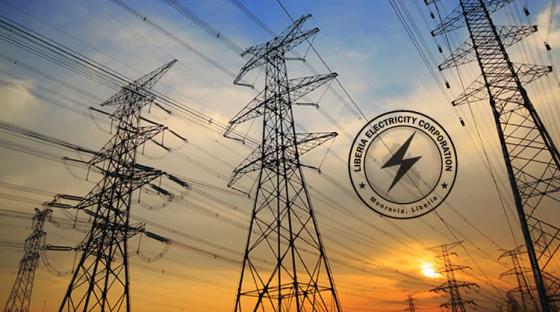Liberia: “Tenants Not Allowed to Pay for Meters,” Says LEC

.... “Tenants are not allowed to pay for meters. The reason is, the meter should be associated with a premise," Shobayo said.
The Director for Engineering and New Connections at the Liberia Electricity Corporation (LEC) has disclosed that tenants are not permitted to purchase the new smart meter since said meters need to be connected to a specific location.
Dele Shobayo advised tenants to check for power and water before relocating into an apartment because it is the duty of the landlord to make sure that these utilities are available for tenants.
“Tenants are not allowed to pay for meters. The reason is, the meter should be associated with a premise. In case we want to find a particular meter on our network we should be able to leave this place and drive all the way down to where the meter is located and find it. We don’t want a situation where we have the meter installed at point four and when we go to check the meter is not there,” Shobayo said.
In recent times, the Liberia Electricity Corporation has become robust in cracking down on power theft in Paynesville, Monrovia through its anti-power theft task force.
The taskforce, headed by the General Service Agency (GSA) boss, Mary Broh, has since begun disconnecting households with illegal power supplies and offering them a deal to pay US$50 as a penalty.
The new campaign encourages residents to voluntarily walk on the baptist Field and openly confess to the LEC team that they have had illegal power connections and that they have come to pay their fine.
The standard meter fee is $22, but in addition to paying for the meter, they must also pay a power theft fine of US$50 for households, US$100 for small businesses, and US$500 for large corporations. Additionally, they must purchase $30 worth of current after the new installation.
This was not the case with LEC, prior to the establishment of the taskforce or the smart meters program. Back then, both tenants and landlords could directly walk to LEC’s office and purchase a meter — in their own name — and get it connected.
“The meter should be attached to a premise. We don’t want a case where the meter was installed in Point-four, and when we want to check the meter in our database we realize that it has been moved to another location,” he said.
“It causes a lot of chaos for our database management so in order to have effective monitoring and robust management of our meters, we need to associate the meter with a location. The landlord should be the one paying for the meter,” Shobayo adds.
According to him, the purpose of the smart meter is to measure the energy consumption of customers and prevent power theft throughout the country.
Smart metering is standard practice elsewhere in the world. It is a piece of device that is intelligent enough to make some decisions and prevent power theft.
“The current meter voltage is below a certain level. Instead of allowing that voltage to destroy your equipment, there is a relay that will stop power supplies so that when the voltage rises above a certain level the meter is intelligent enough to protect the consumer and prevent theft.
In fact, most of these meters, once they are tampered with, they stop functioning.”
Shobayo, who's responsible for major connections across the country, said the taskforce has contributed to mass metering, even though they have other activities such as normal metering and transformer replacement.
